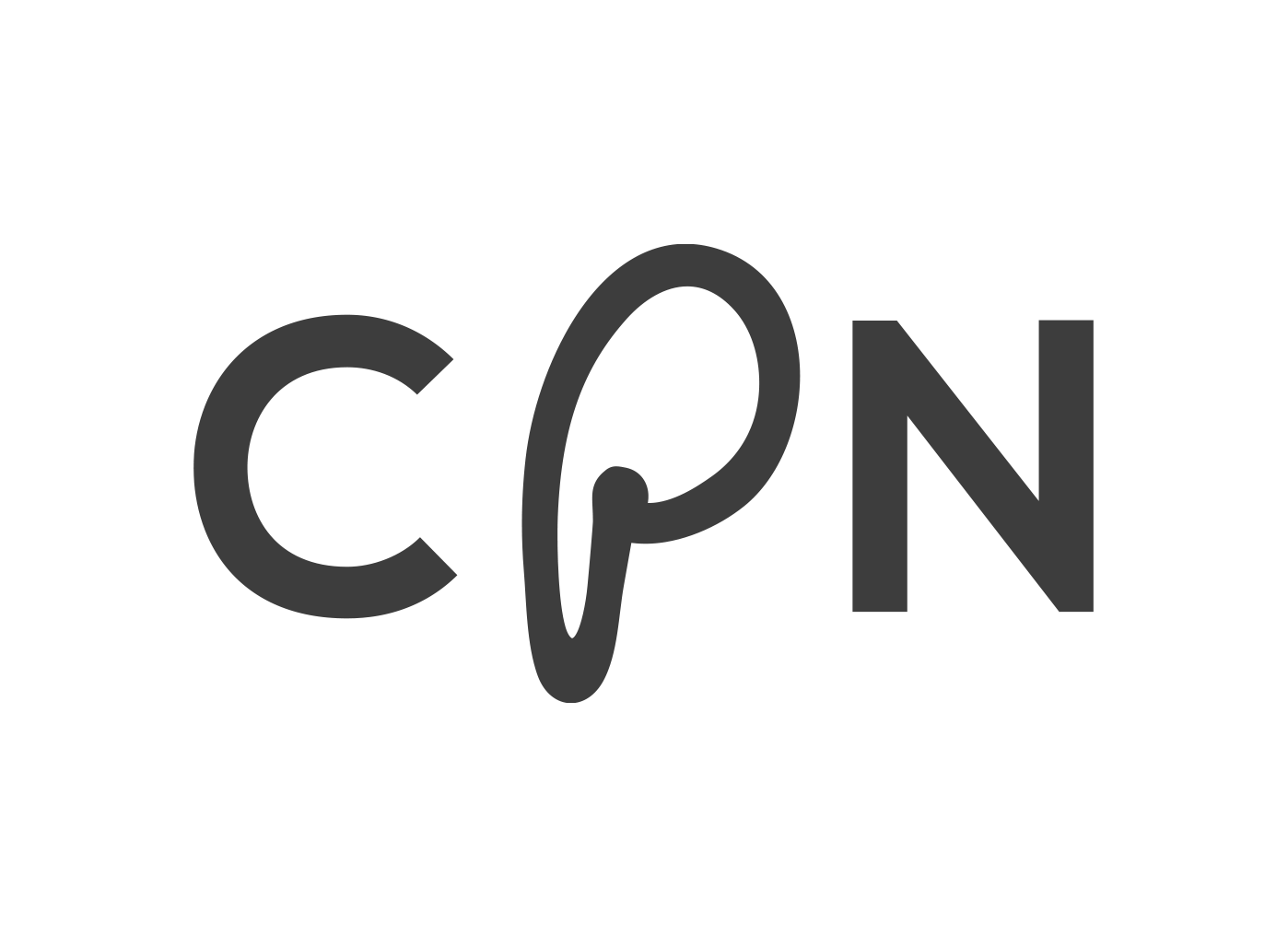Building Business Credit: Your Ultimate Guide to Success
- How can I start building business credit?
- Why is it important to have strong business credit?
- What are the steps to establishing my business credit?
- How does personal credit impact my ability to build business credit?
- Can using vendor accounts help build my company’s credit score?
- Are there benefits in utilizing both Business Credit Cards and Loans?
- What strategies exist for quickly enhancing my firm’s commercial rating profile?
In today’s competitive market, establishing and nurturing your business credit can unlock doors to better financing options and partnerships.
It’s a crucial step for companies looking to scale operations or safeguard against economic fluctuations with a good credit score for business, as monitored by business credit reporting agencies, and access to credit lines dependent on a good credit score.
With the right strategies, you can build a robust business credit profile that enhances your borrowing power and positions your enterprise for long-term success.
This guide provides essential insights into the foundational steps of building business credit, ensuring you have the knowledge needed to make informed decisions that will benefit your company now and in the future.
Understanding the Basics of Business Credit
Credit Scores Difference
Business credit scores and personal credit scores are not the same. Your business credit score reflects your company’s financial health. Personal credit scores, on the other hand, track individual financial behavior.
Credit bureaus for businesses measure how well a company manages its debts. They look at payment history and outstanding balances. Personal scores focus more on debt ratios and payment timeliness across various accounts.
Major Bureaus
Three major business credit bureaus exist: Dun & Bradstreet, Experian Business, and Equifax Small Business. Each bureau has its own scoring model.
Dun & Bradstreet uses PAYDEX.
Experian calculates Intelliscore Plus.
Equifax applies its own credit score for small business .
Knowing these bureaus is crucial for monitoring your business finances.
Entity Type Impact
Your choice of business entity affects your ability to build business credit. Sole proprietorships might struggle more than corporations or LLCs in separating personal from business finances.
Corporations and LLCs can open a business bank account easier than sole proprietors. This separation helps establish clear financial boundaries between owners’ personal assets and their businesses’.
Importance of Establishing Strong Credit Score for Business
Loan Benefits
Building strong business credit can significantly impact your financial options. With a solid credit history, you are more likely to secure loans with favorable terms and lower interest rates. This means you will pay less over time for any borrowed funds.
Lenders look favorably on businesses with good credit scores. They see them as lower-risk borrowers. Therefore, they often offer these businesses better loan conditions. This includes reduced interest rates and more flexible repayment schedules.
Growth Capacity
Enhancing your company’s borrowing capacity is crucial for future expansion. A robust business credit profile enables you to access larger amounts of financing when needed. This financial leverage can be pivotal in scaling operations or investing in new projects.
A strong credit score signals to lenders that your business manages its finances responsibly. It shows that you’re capable of repaying borrowed funds on time. As a result, lenders may be willing to extend greater amounts of credit to your business, facilitating growth opportunities.
Credibility Boost
Establishing strong credit score for business also improves your company’s credibility and attractiveness to potential partners and suppliers. A high credit score is often seen as a marker of reliability and stability in the business world.
Partners and suppliers are more likely to engage in collaborations or offer favorable terms when they trust your financial stability. This trust can lead to beneficial partnerships that support both operational efficiency and cost reduction efforts for your company.
Steps to Establishing Your Business Credit
Obtain EIN
First, you need an Employer Identification Number (EIN) from the IRS. This step is crucial. Think of it as your business’s social security number. It allows you to pay taxes, hire employees, and more importantly, build credit.
Getting an EIN is easy and free. You can apply online on the IRS website. Once you have it, your journey towards establishing business credit begins.
Open Bank Account
Next, open a business bank account in your official legal name. This action separates your personal finances from your business dealings.
It’s a simple step but vital for financial clarity and credibility with lenders. Ensure that all transactions related to the business go through this account.
Register D-U-N-S Number
Lastly, register with Dun & Bradstreet to get a D-U-N-S number. This unique nine-digit identifier is key for businesses worldwide.
Having a D-U-N-S number enables companies to establish their credit profiles with Dun & Bradstreet. It’s often required by lenders and suppliers before they engage in business activities with you.
To summarize these simple steps:
Apply for an EIN.
Open a dedicated bank account for your business.
Get a D-U-N-S number from Dun & Bradstreet.
Managing Personal and Business Credit Histories
Separate Expenses
Keeping your personal and business expenses separate is crucial. Mixing them can harm your personal credit scores. Use different accounts for each type of expense.
By separating these expenses, you protect your personal finances. This separation also simplifies tax preparation and financial management.
Impact on Financing
Your personal credit score affects initial business financing options. Lenders often look at this score when deciding on loans or lines of credit for new businesses.
A strong personal credit history can open doors to better terms and rates. Conversely, a poor one might limit your options significantly.
Build Credit Score for Business
Start building your business’s financial history with a dedicated business credit card. This step is essential for establishing a distinct profile with business credit reporting agencies.
Using a business card responsibly helps in creating a positive financial record. It shows lenders that your company is reliable financially.
Pay bills on time.
Keep balances low.
Remember, building solid financial habits early paves the way for future success.
Building Relationships with Vendors and Suppliers
Choose Wisely
When building business credit, selecting the right vendors is crucial. Not all companies report to business credit bureaus. It’s important to choose those that do.
By doing so, every payment you make can help build your credit profile. This makes it easier for your business to obtain loans and lines of credit in the future.
Payment Terms
Negotiating favorable payment terms with vendors is another key strategy. Aim for terms that give you enough time to manage cash flow while still demonstrating timely payments.
This approach not only aids in maintaining a healthy business operation but also ensures a positive payment history. Such history significantly impacts your credit score.
Regular Reviews
It’s essential to regularly review your relationships with vendors and suppliers. Ensure these partnerships are benefiting your business’s financial health.
Update terms as needed.
Address any issues promptly.
Doing this helps maintain strong vendor relationships and supports continuous improvement of your credit score for business
Utilizing Business Credit Cards and Loans
Selecting Wisely
Choosing the right credit cards and loans is crucial. Look for options that report to the major business credit bureaus. This helps build your business credit profile.
By selecting these financial tools, you ensure your good spending habits are recorded. It’s a step towards securing better interest rates in the future.
Credit Utilization
Keep your credit utilization below 30%. This means using less than a third of your available credit on any card or line of credit.
Maintaining low utilization demonstrates to lenders that you manage debt responsibly. It’s key to improving your business’s credit score over time.
Timely Payments
Always pay off balances on time, or even early if possible. Late payments can harm your credit score significantly for business.
Paying bills before their due date shows lenders and creditors that you’re reliable. It could lead to more favorable terms on future loans or lines of credit.
Maintaining and Improving Your Business Credit Score
Monitor Regularly
To maintain a good business credit score, it’s crucial to keep an eye on your reports. This means checking them often for any mistakes.
If you find inaccuracies, act quickly to correct them. This can involve contacting the reporting agencies or creditors directly. It ensures your score reflects your true financial behavior.
Communicate with Creditors
Sometimes, negative marks appear on your report. When this happens, don’t ignore them. Reach out to the creditors involved.
Discussing these issues can lead to solutions that benefit both parties. It might even result in removing those negative marks from your report.
Preserve Old Accounts
A long credit history contributes positively to your score. Thus, keeping old accounts open is a good idea.
Closing these accounts can shorten your history and potentially lower your score. So think carefully before closing any old account.
Strategies for Fast Tracking Business Credit Building
Authorized Users
Becoming an authorized user on another company’s established account can be a smart move. This strategy allows you to benefit from the good credit history of the primary account holder. It’s like getting a head start in a race.
By linking your business to an account with a solid payment record, you show lenders that your business is associated with responsible financial behavior. Make sure the primary account holder has a strong credit score and maintains positive financial habits.
Secured Cards
If getting unsecured cards seems tough, consider applying for secured business credit cards. These require a cash deposit that serves as collateral but work just like regular credit cards. They’re an excellent way to build or rebuild business credit.
Secured cards report to major credit bureaus, ensuring your responsible usage boosts your business credit profile. Always pay on time and keep balances low to maximize benefits.
Short-term Loans
Leverage small, short-term loans to enhance your payment history volume. Each timely repayment is reported, positively affecting your business’s credit score.
Start by borrowing small amounts that you can easily repay. This will not only increase the number of positive payments on record but also strengthen relationships with lenders for future financing needs.
Final Remarks
Building your business credit is a crucial step towards securing the financial health and growth of your company. You’ve learned the fundamentals, from understanding what business credit is to strategies for enhancing it effectively.
By establishing and maintaining strong relationships with vendors, utilizing business credit cards wisely, and closely monitoring your credit score, you set a solid foundation for your business’s future.
It’s imperative to treat business credit with the same diligence as personal credit, recognizing its impact on accessing capital and negotiating favorable terms.
Now, take these insights and apply them diligently to your business operations. Regularly review your credit reports, stay informed about changes in credit reporting practices, and adapt your strategies to ensure continuous improvement.
Your proactive efforts in building robust business credit not only facilitate smoother operational workflows but also open doors to new opportunities. Start today, and pave the way for a financially secure tomorrow for your business.
Frequently Asked Questions
Q1. How can I start building business credit?
Ans. To begin building business credit, incorporate your business, obtain a federal tax identification number (EIN), open a business bank account in your official legal name, and establish trade lines with suppliers or vendors that report to the major business credit bureaus.
Q2. Why is it important to have strong business credit?
Ans. Strong business credit enhances your ability to secure financing under better terms. It also increases your company’s credibility with suppliers, lenders, and potential partners by demonstrating financial responsibility and stability.
Q3. What are the steps to establishing my business credit?
Ans. Start by ensuring your business is legally registered. Obtain an EIN from the IRS, open a dedicated bank account for your company, and get listed with Dun & Bradstreet for a D-U-N-S number. Then establish trade lines with vendors who report payments to the major credit bureaus.
Q4. How does personal credit, reflecting my financial history and habits, impact my ability to build business credit for small businesses and companies?
Ans. Your personal credit history may be considered by lenders when you first apply for commercial loans or lines of credits. Establishing separate financial transactions for your company helps distinguish between personal and business finances over time.
Q5. Can using vendor accounts help build my company’s credit score by reflecting positive financial habits and financial history for companies, especially beneficial for small business owners?
Ans. Yes. Building relationships with vendors and suppliers who report payment histories to major commercial reporting agencies is essential. Paying these accounts on time can positively influence your overall corporate rating.
Q6. Are there benefits for companies in utilizing both Business Credit Cards and Loans as new funding options to improve financial habits and manage money?
Ans. Utilizing both tools responsibly can diversify types of available credits which may contribute positively towards building stronger profiles across different dimensions of trade scores while providing necessary capital for operations or expansion efforts when managed wisely.
Q7. What strategies exist for quickly enhancing my firm’s commercial rating profile, including achieving a good business credit score through business credit reporting agencies, and ensuring companies maintain a good credit score?
Ans. Strategies include paying bills before due dates consistently; maintaining low balances on revolving credits compared against limits; avoiding unnecessary inquiries into new financings without clear strategic needs; regularly monitoring reports from principal agencies correcting discrepancies promptly











